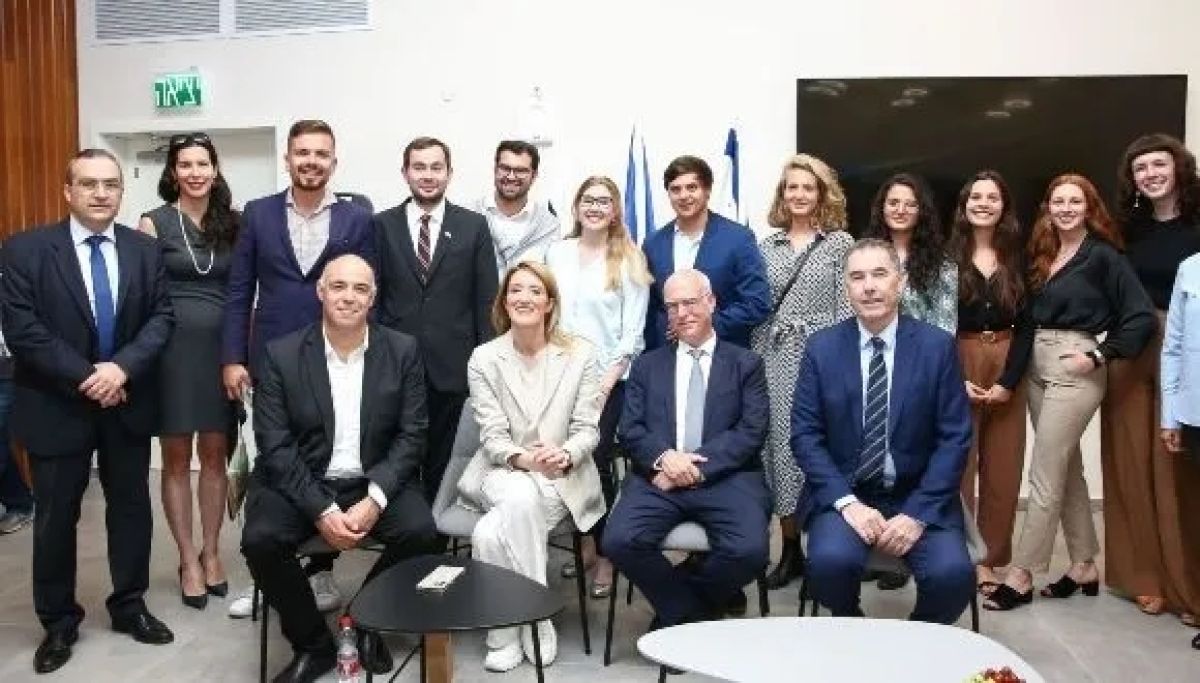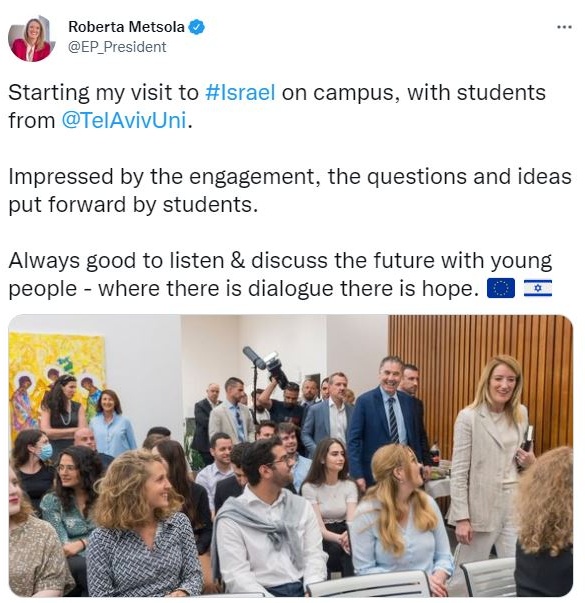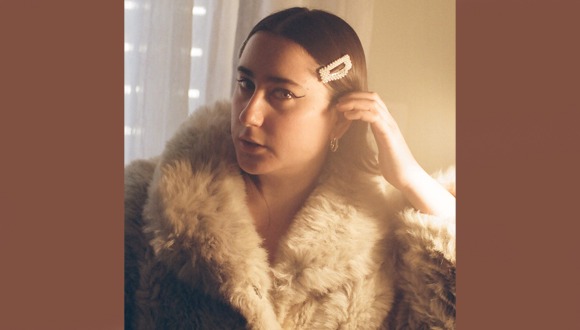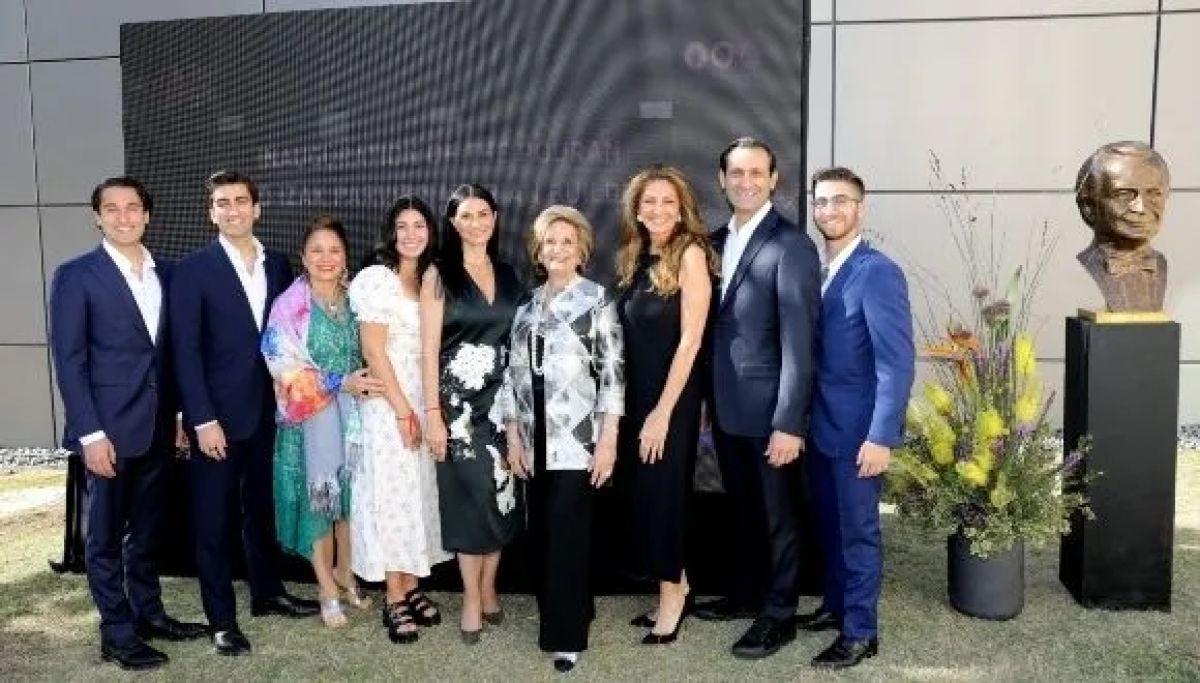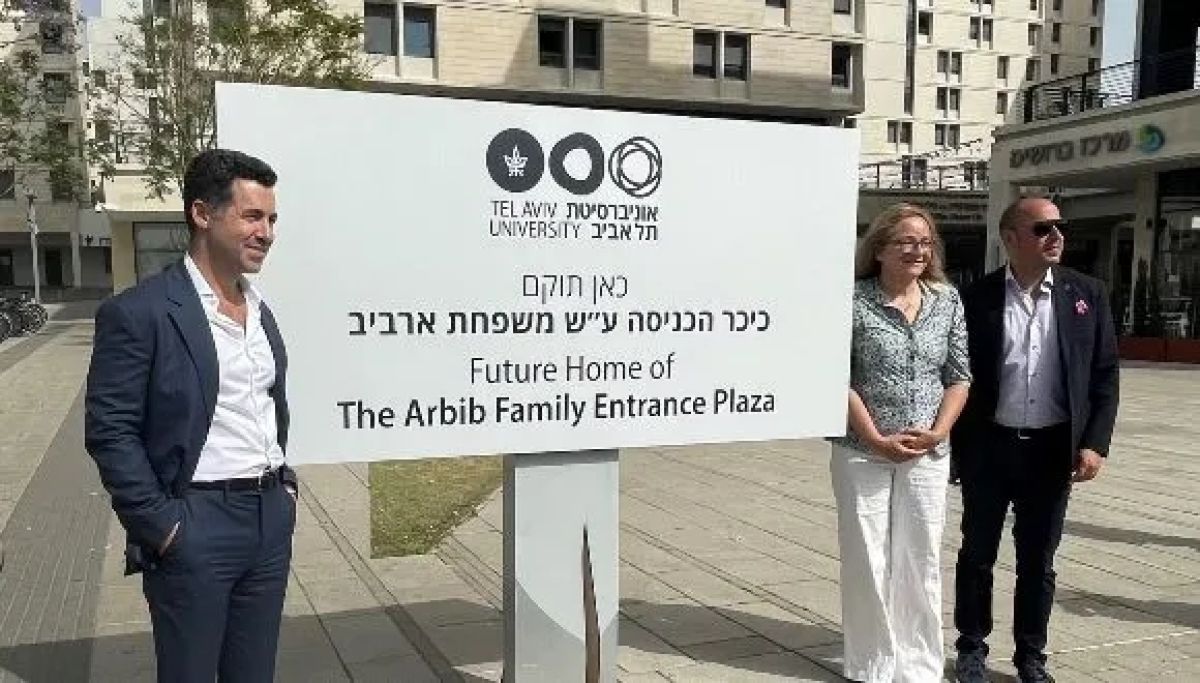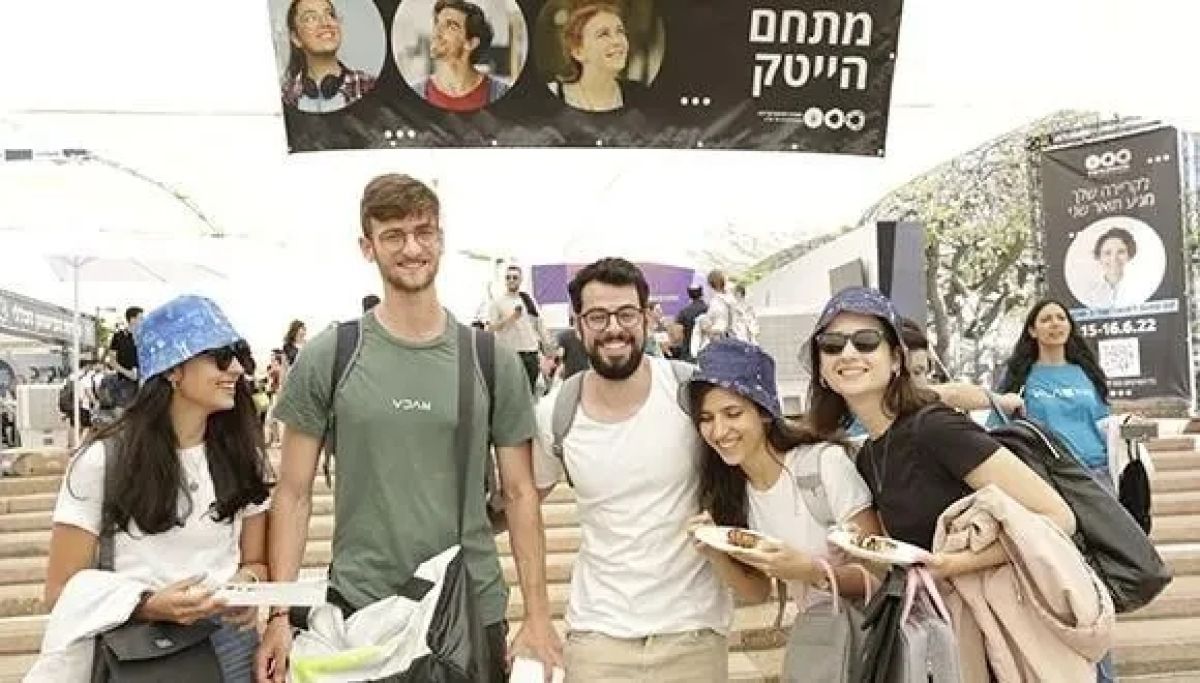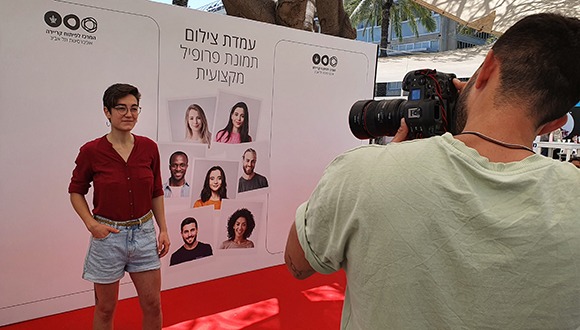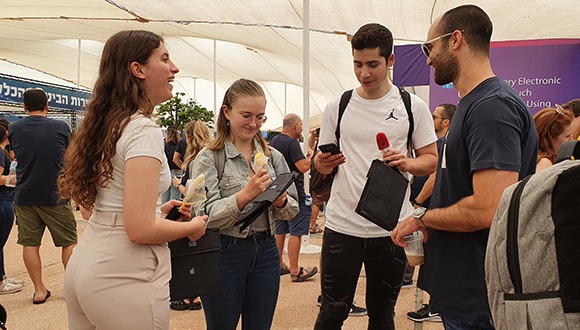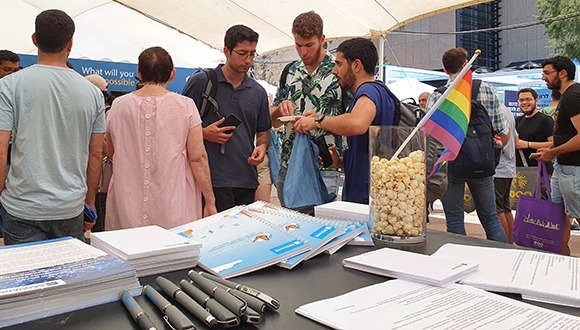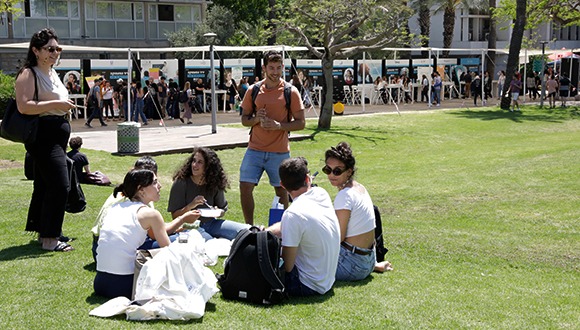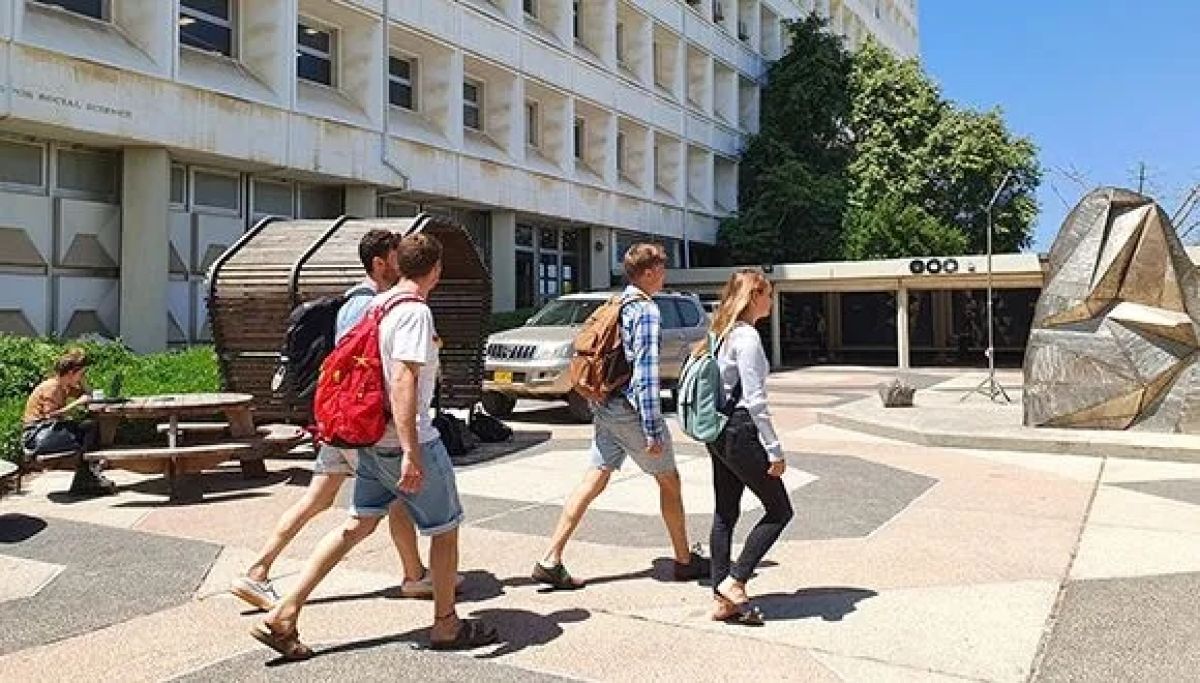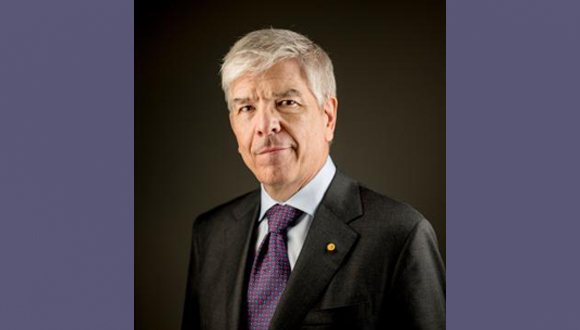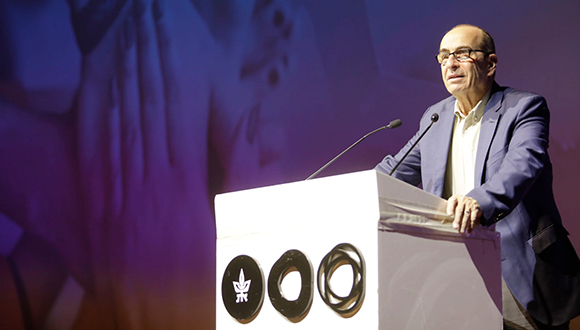TAU Researchers Find Gene Mechanism Linked to Autism and Alzheimer’s
Experimental drug has potential to treat rare syndromes that impair brain functions.
Researchers at Tel Aviv University, led by Prof. Illana Gozes from the Department of Human Molecular Genetics and Biochemistry at the Sackler Faculty of Medicine and the Sagol School of Neuroscience, have unraveled a mechanism shared by mutations in certain genes which cause autism, schizophrenia, and other conditions. The researchers also found that an experimental drug previously developed in Prof. Gozes’ lab is effective in lab models for these mutations, and believe the encouraging results may lead to effective treatments for a range of rare syndromes that impair brain functions and cause autism, schizophrenia, and neurodegenerative diseases like Alzheimer’s.
“Some cases of autism are caused by mutations in various genes,” explains Gozes. “Today, we know of more than 100 genetic syndromes associated with autism, 10 of which are considered relatively common (though still extremely rare). In our lab, we focus mainly on one of these, the ADNP syndrome. The ADNP syndrome is caused by mutations in the ADNP gene, which disrupt the function of the ADNP protein, leading to structural defects in the skeleton of neurons in the brain. In the current study, we identified a specific mechanism that causes this damage in mutations in two different genes: ADNP and SHANK3 – a gene associated with autism and schizophrenia. According to estimates, these two mutations are responsible for thousands of cases of autism around the world.”
To start with, the researchers obtained cells from patients with ADNP syndrome. They discovered that when the ADNP protein is defective, neurons with faulty skeletons (microtubules) are formed, impairing brain functions. They also found, however, that ADNP mutations take different forms, some of which cause less damage.
Gozes explains that in some mutations, a section added to the protein protects it and reduces the damage by connecting to a control site of the neuron’s skeletal system and that this same control site is found on SHANK3 – a much studied protein, with mutations that are associated with autism and schizophrenia. “We concluded that the ability to bond with SHANK3 and other similar proteins provides some protection against the mutation’s damaging effects,” she says.
At the next stage of the study, the researchers found additional sites on the ADNP protein that can bond with SHANK3 and similar proteins. One of these sites is located on NAP, a section of ADNP which was developed into an experimental drug, called Davunetide, by Prof. Gozes’ lab.
Moreover, the researchers demonstrated that extended treatment with Davunetide significantly improved the behavior of lab animals with autism caused by SHANK3.
“In previous studies we showed that Davunetide is effective for treating ADNP syndrome models. The new study has led us to believe that it may also be effective in the case of Phelan McDermid syndrome, caused by a mutation in SHANK3, as well as other syndromes that cause autism through the same mechanism,” explains Gozes.
Participants in the study: Dr. Yanina Ivashko-Pachima, Maram Ganaiem, Inbar Ben-Horin-Hazak, Alexandra Lobyntseva, Naomi Bellaiche, Inbar Fischer, Gilad Levy, Dr. Shlomo Sragovich, Dr. Gidon Karmon, and Dr. Eliezer Giladi from the Sackler Faculty of Medicine and Sagol School of Neuroscience at TAU, Dr. Boaz Barak from The School of Psychological Sciences, Gershon H. Gordon Faculty of Social Sciences and the Sagol School of Neuroscience at TAU, and Dr. Shula Shazman from the Department of Mathematics and Computer Science at the Open University. The paper was published in the scientific journal Molecular Psychiatry.




